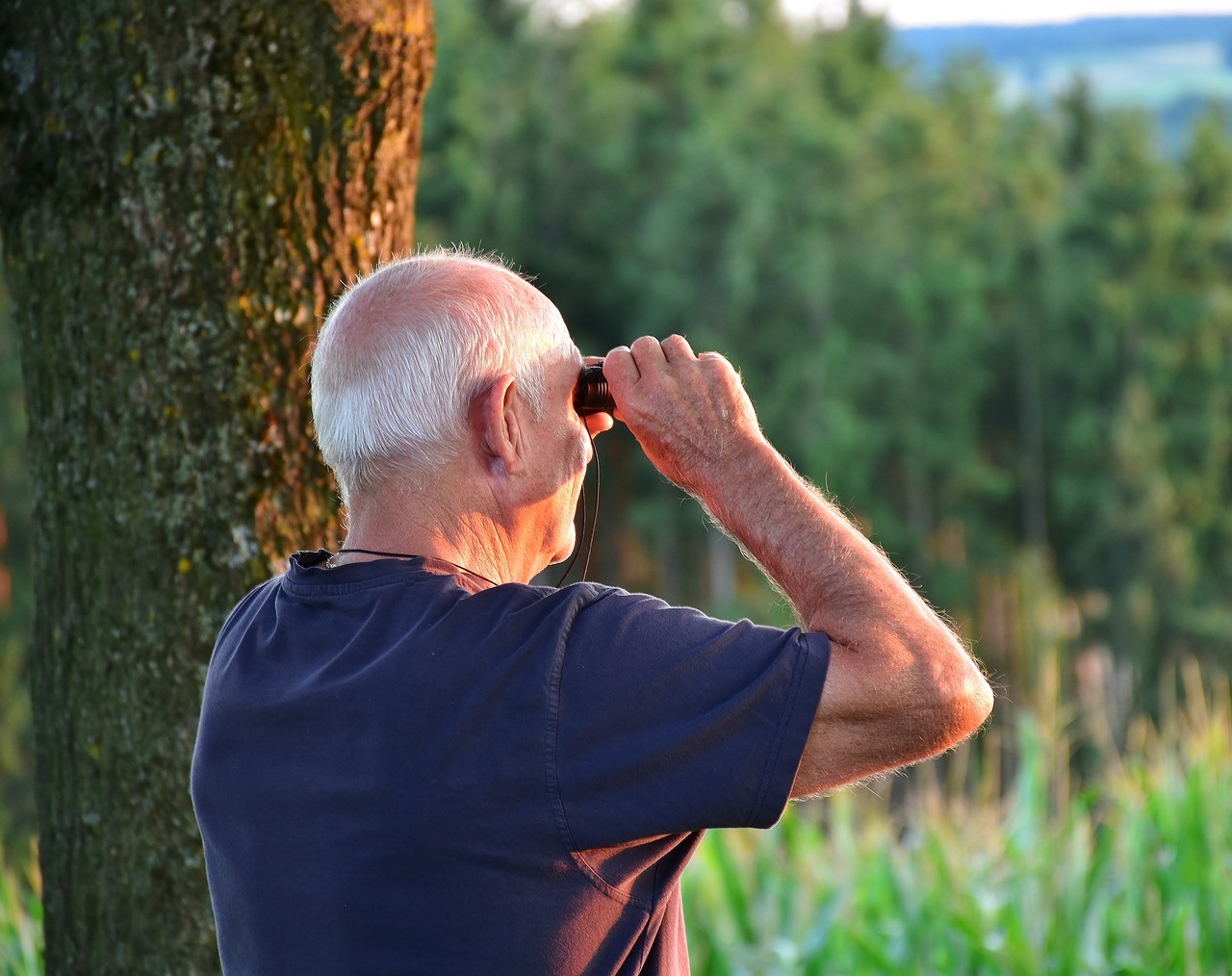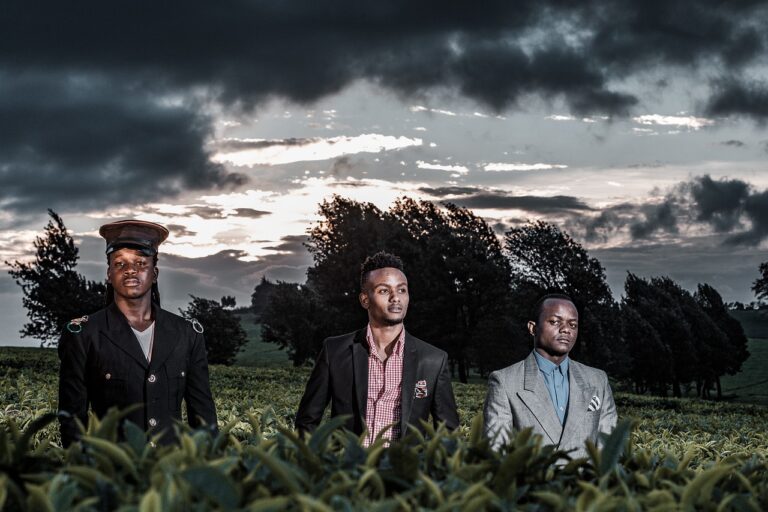Mindful Travel Photography: Capturing Moments with Intention and Respect for Local Cultures
Photography serves as a powerful tool for capturing the essence of various cultures across the globe. Through the lens of a camera, photographers can immortalize the unique traditions, customs, and daily life of people from different regions. The visual narratives created through photography not only document the cultural heritage of a community but also provide a window into its rich history and evolving identity.
Each photograph has the potential to convey a multitude of meanings, reflecting the values, beliefs, and aspirations of the individuals portrayed. By preserving these moments in time, photographers contribute to the collective memory of a society and foster a deeper understanding and appreciation for diverse cultures. Through the art of photography, boundaries are transcended, and connections are forged, allowing for a shared appreciation of the beauty and complexity of our world.
Understanding the Impact of Travel Photography on Local Communities
In the age of social media and global connectivity, travel photography has become a ubiquitous part of exploring new destinations. While capturing the beauty and uniqueness of different cultures and landscapes, it’s essential to recognize the impact these images can have on local communities. Photography, as a visual medium, holds the power to shape perceptions and influence attitudes towards a particular place or group of people.
However, it’s crucial for travelers and photographers to practice sensitivity and respect when documenting their journeys. Careless or exploitative photography can perpetuate stereotypes, invade privacy, and disrupt the authenticity of a community. By seeking consent, understanding local customs, and portraying subjects in a dignified manner, photographers can become better allies in promoting cultural appreciation and understanding through their lens.
• Seeking consent before taking photographs can ensure that individuals are comfortable being captured in images
• Understanding local customs and traditions can help photographers avoid inadvertently causing offense or disrespect
• Portraying subjects in a dignified manner can help to humanize communities and showcase their diversity and richness
• By practicing sensitivity and respect, photographers can contribute positively to the representation of different cultures through their photography
Practicing Ethical Photography Guidelines while Traveling
Ethical considerations play a significant role in travel photography, as it involves capturing moments from different cultures and societies. When traveling to new destinations, it is crucial to respect the local customs, traditions, and privacy of individuals. Always seek permission before taking someone’s photograph, as some communities may have cultural beliefs against having their images captured without consent.
Furthermore, avoid exploiting vulnerable populations for the sake of a striking photograph. It is essential to approach subjects with sensitivity and empathy to ensure that their dignity is upheld. Consider the implications of sharing images on various platforms, and always aim to represent communities in a respectful and accurate manner.
Why is it important to practice ethical photography while traveling?
It is important to practice ethical photography while traveling to respect the culture and privacy of the local communities, avoid exploitation or misrepresentation, and to promote responsible tourism.
How can I explore the cultural significance of photography in different regions?
You can explore the cultural significance of photography in different regions by learning about the history of photography in that area, understanding the role of photography in their culture, and engaging with local photographers or artists.
What impact does travel photography have on local communities?
Travel photography can have both positive and negative impacts on local communities. It can help promote tourism and cultural exchange, but it can also lead to exploitation, invasion of privacy, and misrepresentation of the community.
What are some ethical photography guidelines to follow while traveling?
Some ethical photography guidelines to follow while traveling include asking for permission before taking photos of people, respecting their privacy and cultural practices, avoiding intrusive or disrespectful shots, and considering the consequences of sharing or publishing the photos.







